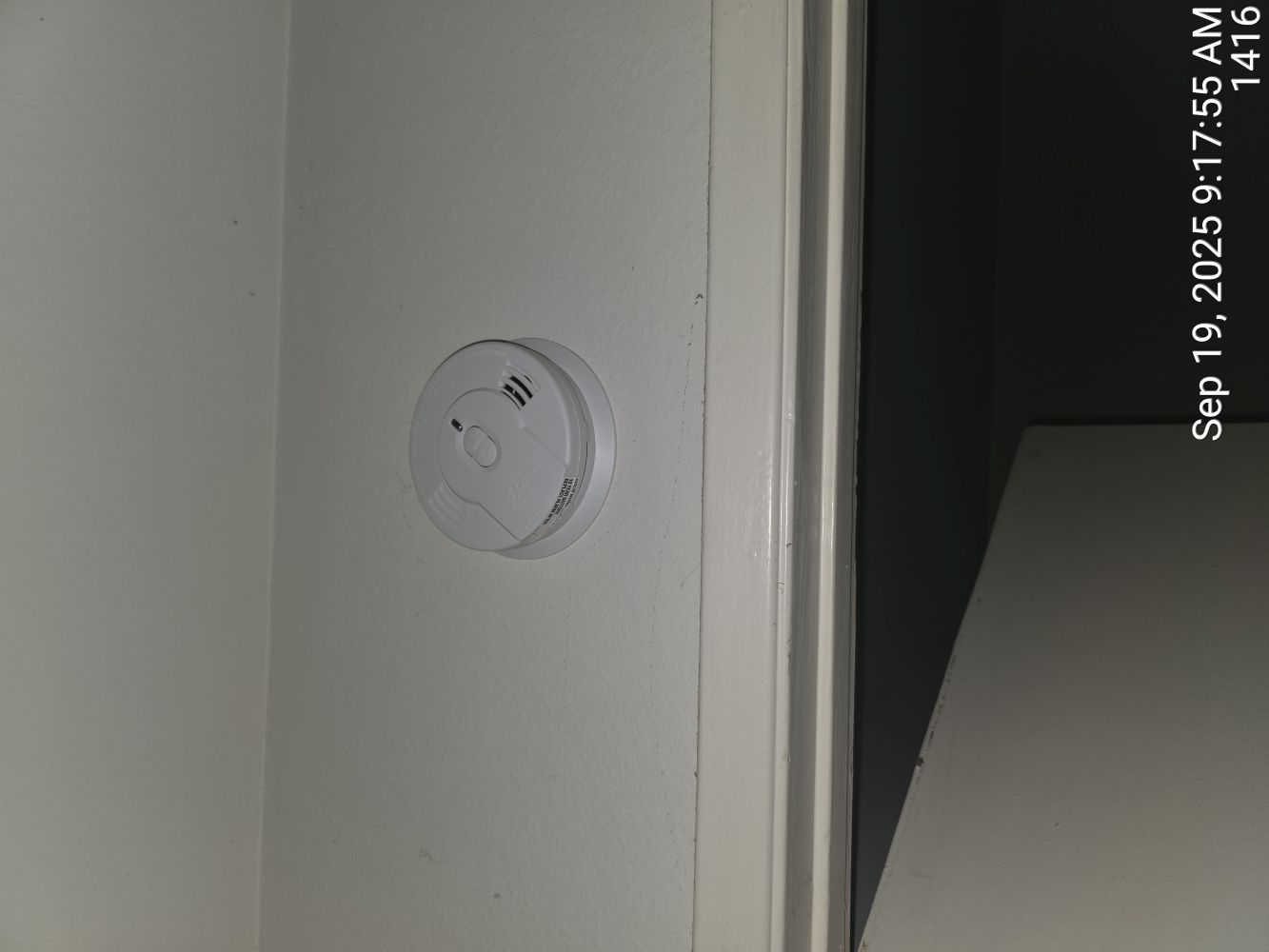California Landlord Requirements: Smoke Detectors, CO Alarms, and Water Heaters Explained
As a landlord in California, staying compliant with state safety laws isn’t just a good idea—it’s the law. Whether you manage a single rental unit or a small portfolio of properties, you are required to provide safe and habitable housing for your tenants. That includes making sure your smoke detectors, carbon monoxide alarms, and water heaters are installed properly, maintained regularly, and meet the latest California code requirements.
This blog covers everything self-managed landlords need to know about these critical safety features. We'll explain your legal responsibilities, highlight common violations, and provide tips to help you stay compliant and protect your investment.
Smoke Detector Requirements for California Landlords
Legal Overview
California Civil Code § 1941.1 and the California Health & Safety Code § 13113.7 mandate that every residential dwelling unit must have working smoke detectors installed in specific locations.
Where to Install Smoke Detectors
As of current California law, smoke alarms must be installed in the following locations:
Inside each sleeping room (bedroom)
Outside each sleeping area in the immediate vicinity (e.g., hallway)
On each level of the unit, including basements
For multi-family properties, smoke detectors must also be installed in common areas like hallways and stairwells.
Additional Landlord Responsibilities
Ensure devices are working at the time of move-in.
Use ten-year sealed battery smoke detectors (for battery-operated units).
Test and inspect devices during turnover and at least once a year.
Keep written documentation of inspections and maintenance.
Failure to comply can lead to code violations, tenant lawsuits, and complications with eviction or habitability claims.
Carbon Monoxide (CO) Alarm Requirements in California Rentals
What the Law Says
Under California Senate Bill 183 (also known as the Carbon Monoxide Poisoning Prevention Act of 2010), CO alarms are required in all rental units that contain:
Gas-fueled appliances (e.g., stove, furnace, water heater)
A fireplace
An attached garage
Even if your property doesn't currently use gas appliances, a CO alarm may still be required if there's an attached garage or fireplace.
CO Alarm Placement
Outside each sleeping area
On every level of the rental unit, including basements
Combination smoke/CO detectors are allowed if they meet state standards
Landlord Responsibilities
Provide working CO alarms at move-in
Ensure they are in proper working condition during inspections
Replace any unit that fails to respond during testing
Document the installation and maintenance of each alarm
Pro tip: Combination alarms (CO + smoke) must be certified by the California State Fire Marshal and meet UL standards.
Water Heater Safety Requirements for Rental Properties in California
Water Heater Strapping Laws
California is an earthquake-prone state, and as a result, landlords must follow strict guidelines regarding water heater bracing. According to the California Plumbing Code § 510.5, all water heaters must be properly strapped or anchored to resist horizontal displacement.
Requirements:
Water heaters must be strapped at two points: one-third from the top and one-third from the bottom.
Straps must be heavy-gauge metal and secured to wall studs or blocking.
Installation must comply with manufacturer instructions and local building codes.
Unstrapped water heaters can tip during earthquakes, causing gas leaks, fires, or water damage. This is considered a serious code violation and habitability issue.
Temperature Settings and Scalding Prevention
The recommended temperature setting for water heaters in rental units is 120°F to prevent scalding injuries.
Make sure tenants don’t have access to adjust the water heater temperature in multi-family setups.
Inspection and Documentation Tips for Self-Managed Landlords
1. Perform Safety Checks During Every Turnover
When a tenant moves out, take the opportunity to inspect all smoke detectors, CO alarms, and water heater strapping. Replace batteries or alarms as needed and document your inspection in writing.
2. Use a Rental Unit Safety Checklist
Create a standardized safety checklist that includes:
Working smoke and CO alarms in correct locations
Water heater properly strapped
No gas smells or leaks
Proper venting of water heaters and gas appliances
3. Provide Tenants with Maintenance Instructions
Upon move-in, provide tenants with a simple guide that explains:
Not to tamper with or disable alarms
How to test alarms monthly
What to do if a CO alarm goes off
How to report any issues promptly
4. Maintain Records
Keep detailed records of:
Dates and results of inspections
Proof of alarm installations
Any repairs or replacements made
Tenant communications related to safety equipment
Documentation is your best defense if a complaint, insurance claim, or legal dispute arises.
Fines and Penalties for Non-Compliance
Landlords who fail to comply with smoke detector, CO alarm, or water heater safety requirements may face:
Fines from local code enforcement
Ineligibility to evict a tenant for non-payment due to habitability issues
Civil liability if a tenant is injured
Insurance claim denials in case of fire, gas leak, or earthquake damage
Bonus Tip: Consider Smart Alarms
Some landlords are investing in smart smoke and CO alarms that send alerts via Wi-Fi or mobile app. These allow landlords to monitor alarm status remotely and ensure compliance across multiple units. While more expensive upfront, they can reduce long-term risk and increase tenant safety.
Final Thoughts: Stay Safe and Compliant
As a self-managed landlord in California, you're responsible for providing housing that’s safe, habitable, and compliant with state and local laws. Smoke detectors, carbon monoxide alarms, and water heater strapping are not optional—they are legal requirements that protect lives, property, and your business.
By performing regular inspections, documenting maintenance, and staying up to date with state codes, you can reduce liability, keep tenants safe, and operate a more professional rental property. Sail Properties conducts regular inspections and is here to help.
SEO Keywords Used:
California landlord smoke detector requirements
CO alarm law California rental
Water heater strapping California
Rental safety checklist for landlords
Smoke and carbon monoxide alarms for rentals
California rental code compliance
Self-managed landlord safety tips
California landlord legal obligations
Property safety laws for rentals


